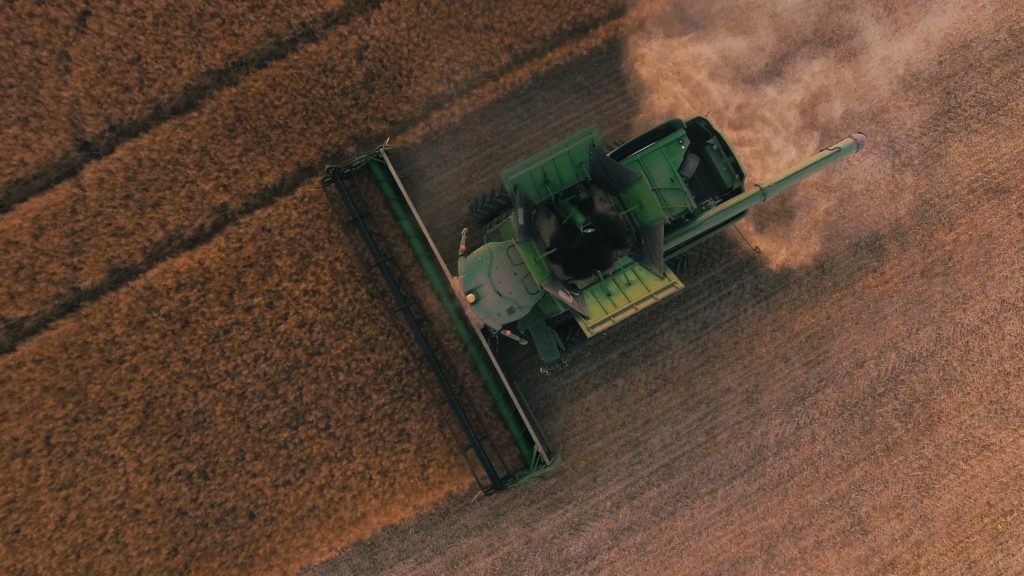Climate, Soil, & Food Systems
Climate, Soil, & Food Systems

Agriculture is a source of three major greenhouse gasses (GHGs) – carbon dioxide (CO2), methane (CH4), and nitrous oxide (N2O) – and contributes to approximately 13% of global anthropogenic GHG emissions. Agricultural soils serve as both sources and sinks for GHGs, and climate change impacts the nutrition of food grown in these soils as well. Climate change may also impact the foods that people choose to eat and the foods that will be available. Mitigation and adaptation within the agricultural sector are thus both essential in reaching the Paris Agreement and providing nutritious food with low climate impacts.
The National Academies of the Sciences, Engineering and Medicine (NASEM) identified five challenges in the report “Environmental Engineering for the 21st Century: Addressing Grand Challenges” that we must address, including: 1) sustainably supply food, water, and energy; 2) curb climate change and adapt to its impacts; 3) design a future without pollution and waste; 4) create efficient, healthy, and resilient cities; and 5) foster informed decisions and actions. This project touches on all five of these issues within the agricultural sector.
There are some research initiatives addressing agricultural GHGs that seek to increase carbon sequestration in agricultural soils, such as the Southern Piedmont Climate-Smart Project. However, soil GHGs and air pollutant fluxes, microbiomes, nutrition, environmental policies, and the food-water-energy nexus have never been considered together, with the aim of creating a more healthy, equitable, and sustainable food system that ensures both human and planetary wellbeing in response to climate change.
The goal of this project is to converge the existing work by faculty to “foster interdisciplinary research on complex social and environmental problems [related to the agricultural sector],” as stated by the NASEM report. The anticipated outcome is a project that uses a convergent research model to integrate the fields of chemical process, biological science, physics, behavioral science, computer science, math, law, public health, and environmental sciences to begin to tackle the “grand challenge” of developing a more just, equitable, and climate-friendly food system. We will also work on creating the curriculum to train the future workforce to be engaged in discipline-transcending research amongst different schools.

